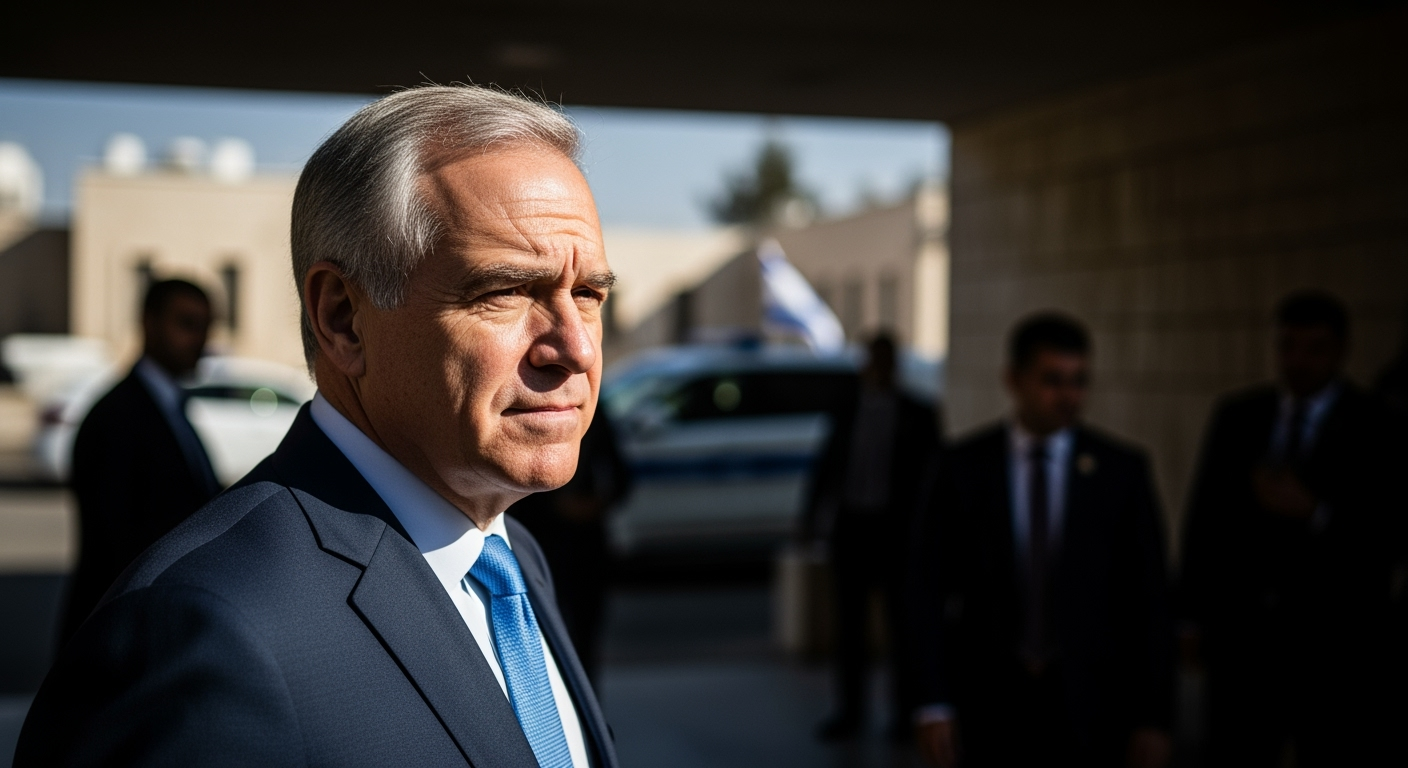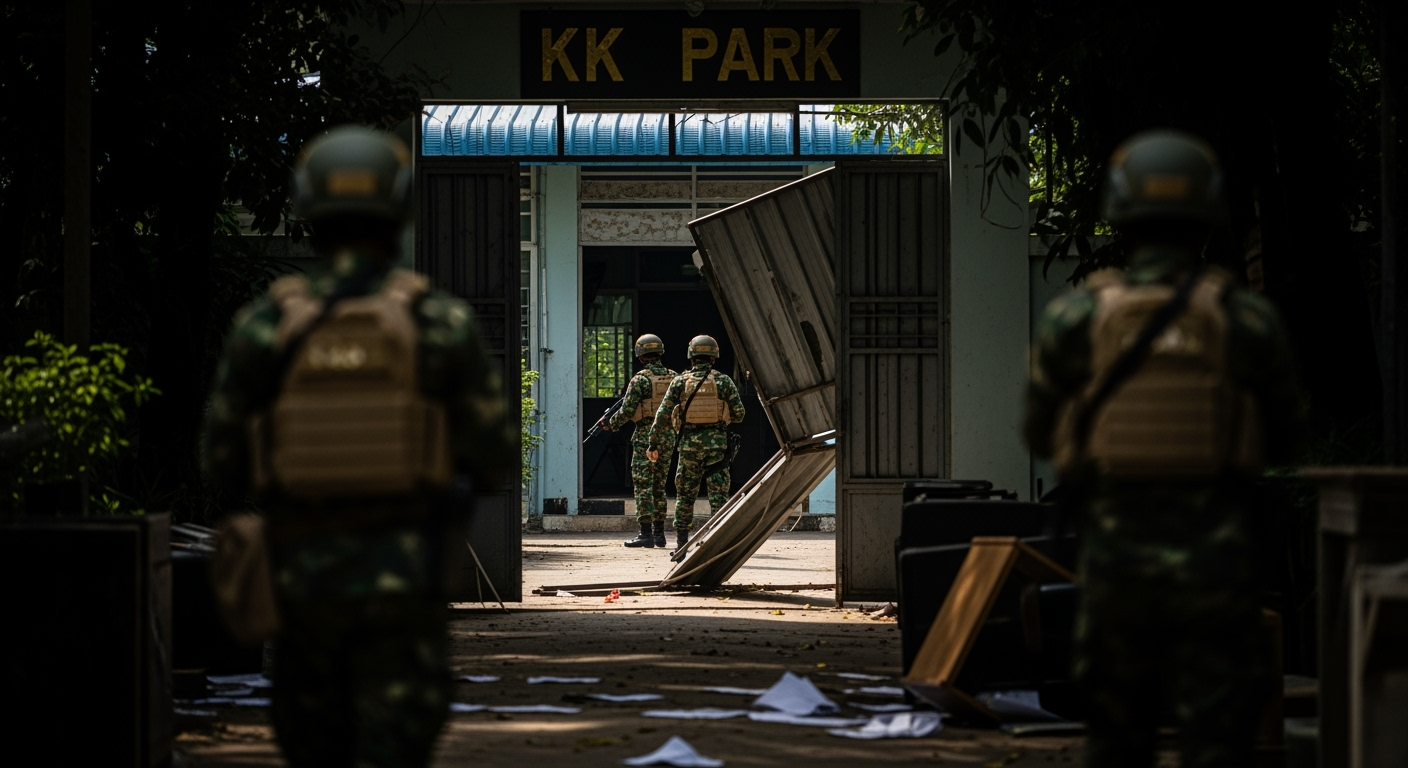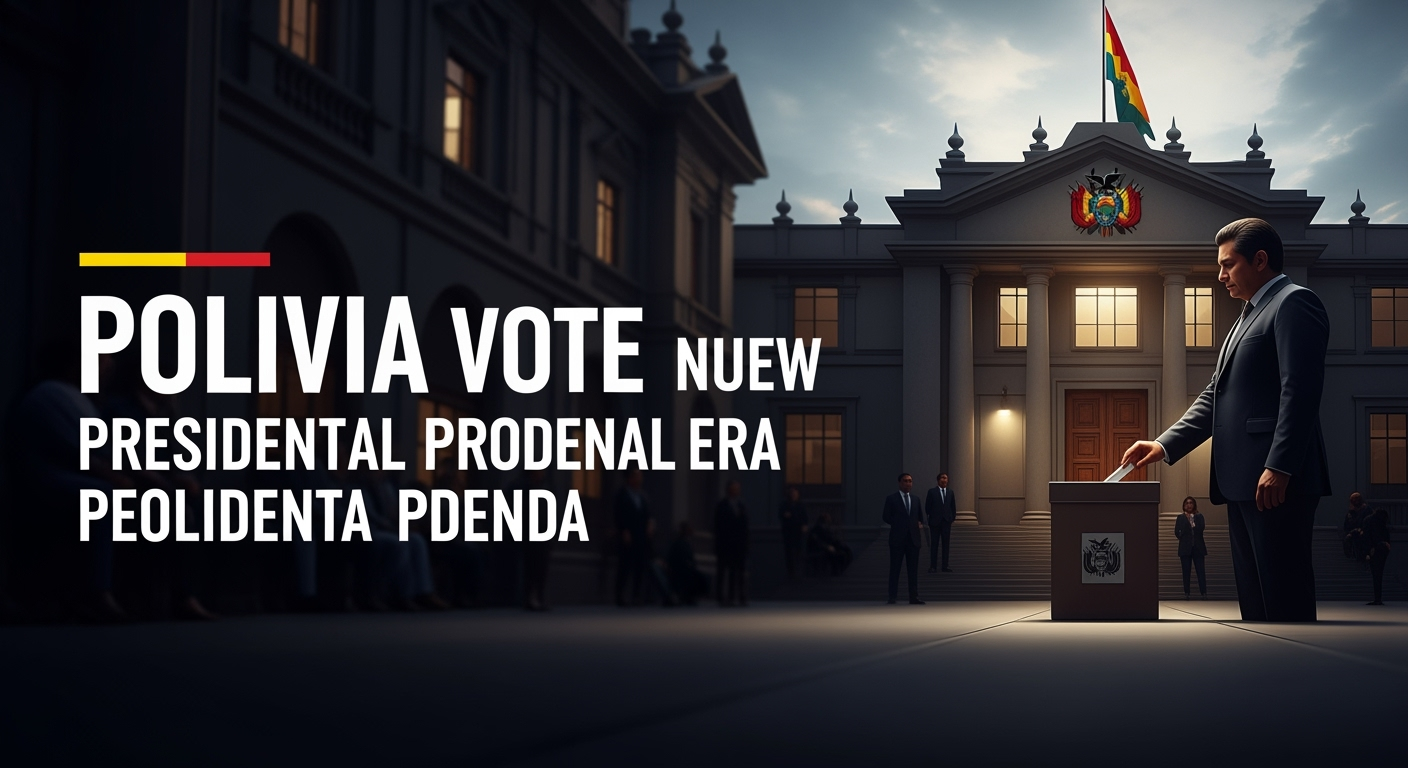Related Articles

Virginia Giuffre's Posthumous Memoir Intensifies Pressure on Prince Andrew and British Monarchy

Diplomatic Tightrope: Vance in Israel as Gaza Truce Teeters on the Brink





LA PAZ, Bolivia – Bolivia has embarked on a new political chapter following the definitive outcome of its October 2020 presidential election, which saw Luis Arce Catacora of the Movement Toward Socialism (MAS-IPSP) party secure a resounding victory. The election, held amidst a deeply polarized political landscape and a global pandemic, marked a critical juncture for the Andean nation, seeking to restore democratic stability after a year of intense political upheaval and social unrest. Arce's landslide win with over 55% of the vote not only avoided a runoff but also signaled a powerful public mandate for the return of the left-wing MAS party, promising a government focused on national unity and economic recovery.
The presidential election on October 18, 2020, culminated in a clear first-round victory for Luis Arce, the former Economy Minister under long-serving president Evo Morales. Official results released by Bolivia's Supreme Electoral Tribunal confirmed Arce's commanding lead, with 55.1% of the votes. His closest rival, centrist former President Carlos Mesa of the Civic Community (CC) party, garnered 28.8%, a margin that significantly surpassed the threshold required to avoid a second electoral round. This decisive outcome, a stark contrast to the disputed 2019 election, provided a clear path forward for the country. Beyond the presidency, MAS also achieved majorities in both chambers of the Plurinational Legislative Assembly, securing 75 out of 130 seats in the Chamber of Deputies and 21 out of 36 seats in the Senate. This strong legislative backing positions the new administration to implement its agenda, though it falls short of the two-thirds supermajority needed to modify the constitution without opposition consent. The election was characterized by a robust democratic exercise, with a record voter turnout of 88.42%, even amidst the challenges posed by the COVID-19 pandemic. International observers from organizations including the OAS and the European Union affirmed the integrity and transparency of the electoral process, contributing to its credibility.
Arce's victory came precisely one year after the annulled 2019 general election and the subsequent political crisis that plunged Bolivia into uncertainty. That tumultuous period began when incumbent President Evo Morales, after seeking a controversial fourth term despite a 2016 referendum rejecting term limit extensions, was declared the winner of a first round amidst allegations of electoral fraud. An audit by the Organization of American States (OAS) reported "serious irregularities," leading to widespread protests and pressure from the military, which ultimately prompted Morales's resignation and exile in November 2019.
In the wake of Morales's departure, conservative Senator Jeanine Áñez assumed an interim presidency, tasked with organizing new elections. Her government, however, faced its own set of criticisms, including accusations of corruption, mismanagement of the COVID-19 pandemic, and a repressive stance towards MAS supporters. The interim administration's efforts to reverse many of Morales's economic, cultural, and foreign policies further exacerbated social and political divisions. The initial election dates, set for May 3, 2020, and then September 6, were twice postponed due to the pandemic, adding to the national anxiety. This prolonged period of instability and economic setbacks, partly due to the global health crisis, created a climate ripe for change and a yearning for a return to normalcy and constitutional order.
Luis Arce, an economist by profession, served as Minister of Economy and Public Finance for nearly 12 years under Evo Morales, playing a pivotal role in Bolivia's economic success during that era. He is widely credited with implementing policies that led to significant economic growth and a substantial reduction in poverty, leveraging the country's mineral exports. His tenure saw Bolivia achieve one of the highest GDP growth rates in South America, averaging 4.7% annually, and a reduction in the population living below the national poverty line from 60% to 35% by 2018.
In his campaign, Arce capitalized on this economic track record, promising to "rebuild" Bolivia and restore stability, particularly in the face of an economy battered by the pandemic and the interim government's policies. His victory represents a desire among many Bolivians to return to the economic model that had previously delivered prosperity and social programs. Arce has articulated a vision for a government of national unity, emphasizing the need to govern for all Bolivians. He now faces the formidable task of navigating a country grappling with declining natural gas prices, rising fiscal deficits, and the ongoing health and economic repercussions of COVID-19.
The return of MAS to power, without Evo Morales on the ballot, signals a potential recalibration of the party's direction. While Morales actively campaigned for Arce from exile in Argentina and returned to Bolivia shortly after Arce's inauguration, Arce has been cautious in addressing the former president's future role, downplaying speculation of a major position for him in the new administration. This stance reflects a recognition that while Morales remains a significant figure, a segment of the electorate, including some within MAS, sought a fresh approach after concerns about term limits and perceived authoritarianism emerged during Morales's final years in power.
Bolivia's new political era is defined by the imperative of reconciliation and institutional strengthening. The election's clean execution, confirmed by international observers, was a critical step in rebuilding trust in the country's democratic processes. However, deep political wounds persist, and the new government faces the challenge of fostering dialogue across a fragmented society. The significant support for Arce indicates a rejection of the polarization that characterized the previous year and an aspiration for a more unified national direction. The coming years will test Arce's ability to deliver on his promise of stability, economic recovery, and national unity, shaping the trajectory of Bolivia in a post-crisis landscape.